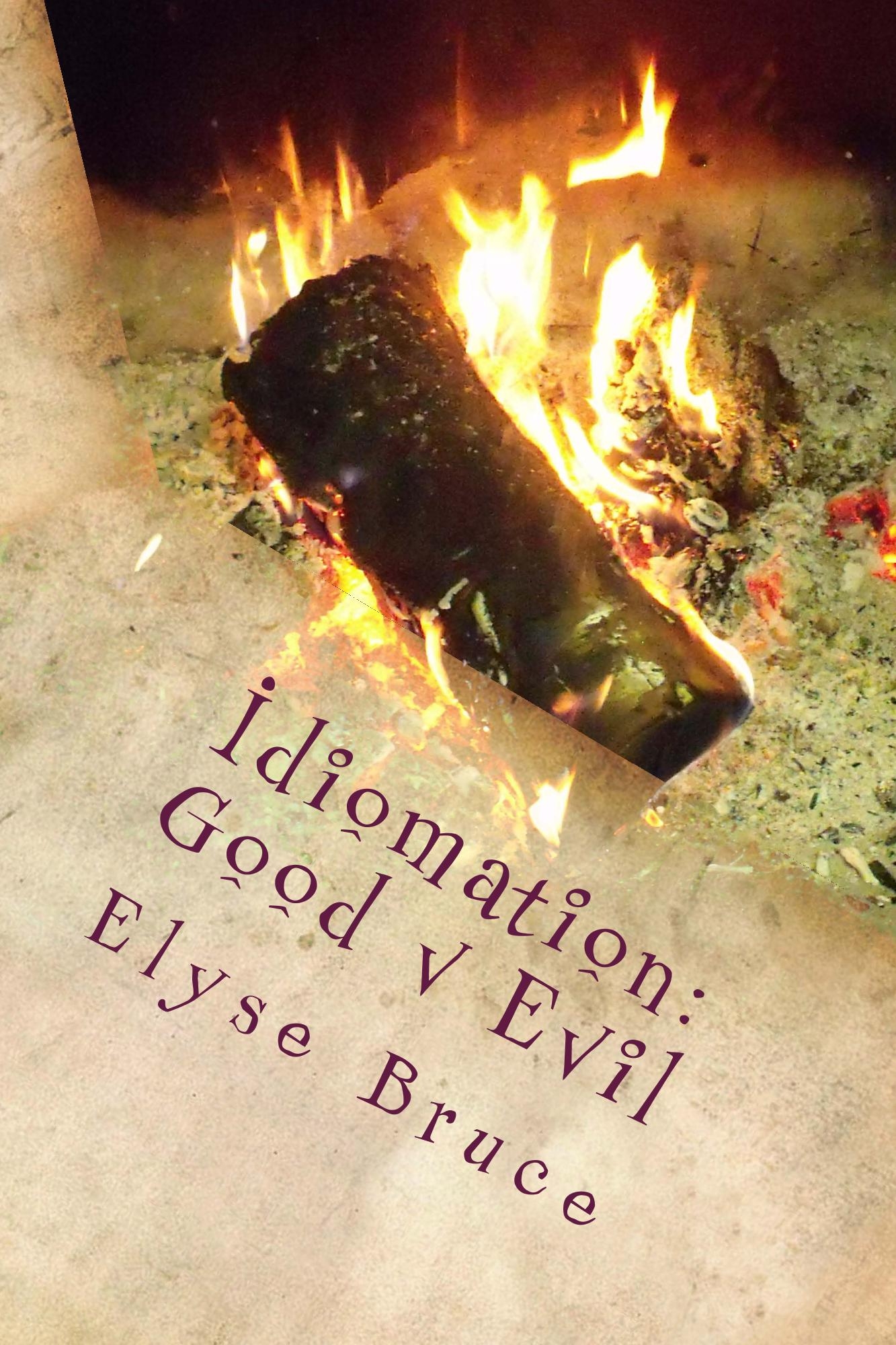The expression holy moley is meant to express surprise and it has for a number of years. The expression doesn’t sound old and stuffy, and it doesn’t sound like it used to be part of another longer saying that’s been in existence for centuries. It’s easy to assume that it’s a recent expression but is it really?
Just today, the Hartford Courant newspaper published an article written by Steve Pond about the upcoming Oscars. The headline was “Seth MacFarlane’s Fresh, Silly Nominations Gig Might Mean A Fresh, Silly Oscar Show.” Midway through the article, Steve Pond wrote:
And he’ll also be there, presumably, for the performance of at least one of the nominated songs, since MacFarlane wrote the lyrics to the big-band tune “Everybody Needs a Best Friend,” which Norah Jones performed in “Ted.”
(Just an aside: MacFarlane’s co-writer on the song is one Walter Murphy and holy moley, it appears to be the same Walter Murphy who had a hit by bringing Ludwig van Beethoven to the disco with “A Fifth of Beethoven” back in 1976.)
The expression has been used in countless headlines such as the Los Angeles Times Special by Lynn Simross that was published in the June 9, 1976 edition of the Milwaukee Sentinel newspaper. With the resurgence in the popularity in action comic books, illustrator Donato “Don” Rico was interviewed for the story. Rico was responsible for creating Gary Stark, a teenaged Merchant Mariner, and Micky Starlight during the golden age of comic books. That article was entitled:
Holy Moley! Comics Live Again!
It was a tip of the hat to Captain Marvel’s characteristic exclamation in the comic books of the 40s.
But does the expression go back much further than that? Strangely enough, it does as it appeared in a book written by Nathaniel Gould entitled, “Running It Off Or Hard Hit: An Enthralling Story of Racing, Love and Intrigue” and published in 1892 by George Routledge and Sons. The book, re-issued by John Long Ltd in 1919, used the expression in this passage of the book:
“Whew!” he whistled, softly; “that’s curious. Same name as the lady at our place. Suppose he should be her husband. Holy moley, what a game. I’ve made a discovery. I must take particular of this man. He’ll come in useful I reckon.”
Now history buffs and Greek mythology buffs already know that moly was given to Ulysses by Hermes as an antidote against Circe’s magic in Book X of “The Odyssey” which is one of two epic poems attributed to Homer. In this book, the following passage is found:
“As he spoke he pulled the herb out of the ground and showed me what it was like. The root was black, while the flower was as white as milk; the gods call it Moly, and mortal men cannot uproot it, but the gods can do whatever they like.
Then Mercury went back to high Olympus passing over the wooded island; but I fared onward to the house of Circe, and my heart was clouded with care as I walked along. When I got to the gates I stood there and called the goddess, and as soon as she heard me she came down, opened the door, and asked me to come in; so I followed her – much troubled in my mind.”
While it’s true that gods are thought of as being holy and that moly was used by Homer that it was implied that the two go together, however, the two weren’t used together in any of Homer’s poems.
Idiomation can only say that the first use of the expression holy moly or holy moley we were able to confirm was by Nathaniel Gould in 1892. So yes, the expression is at least 120 years old (certainly not a new expression by any stretch of the imagination) but untraceable before 1892.


